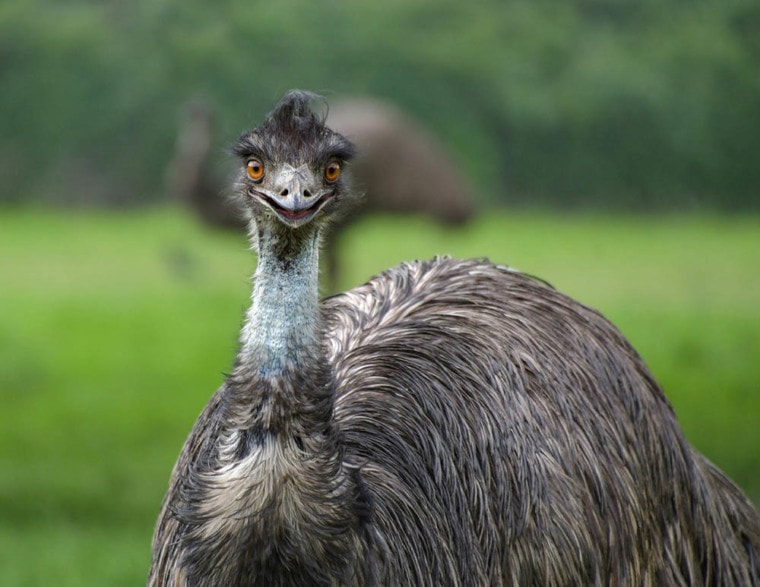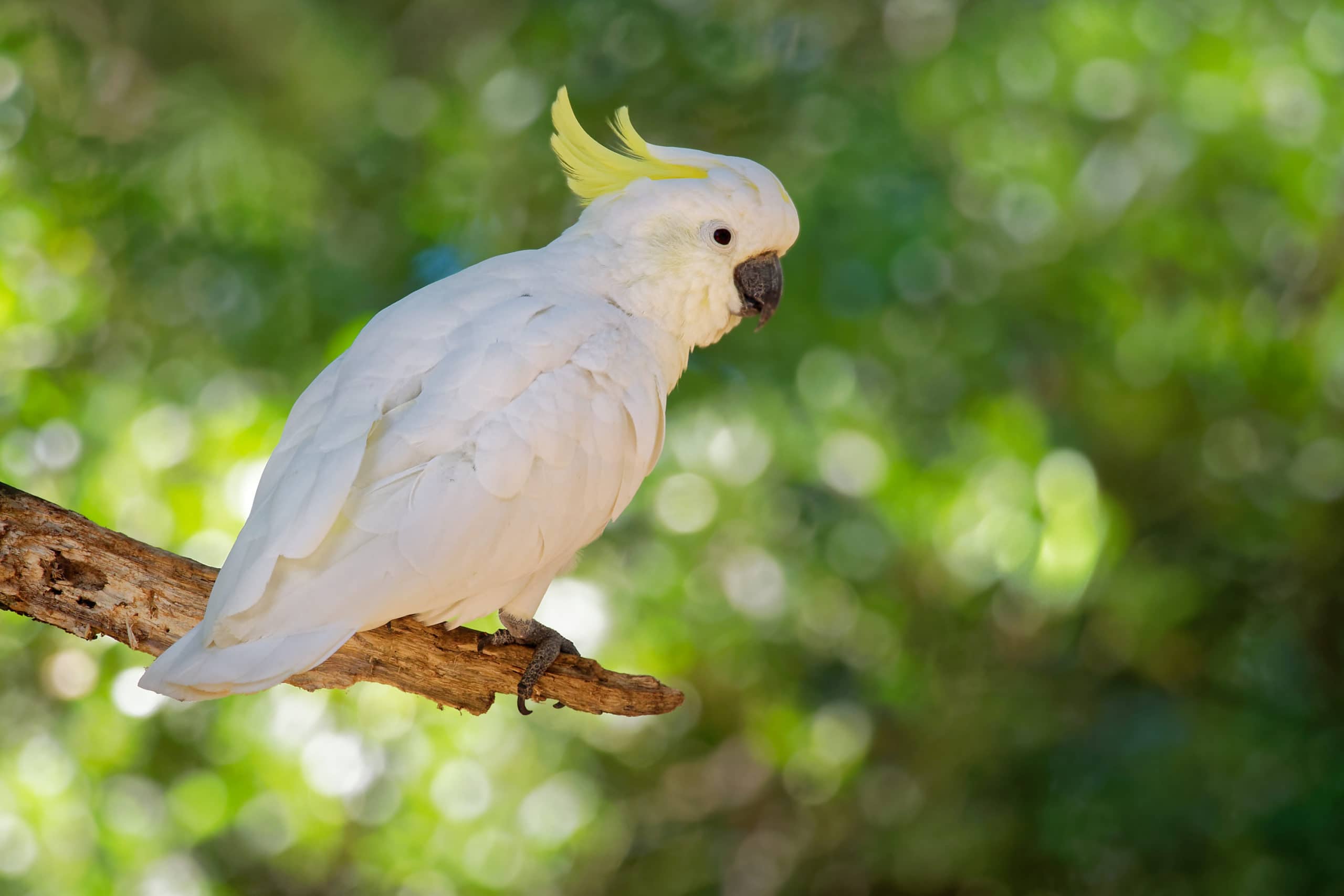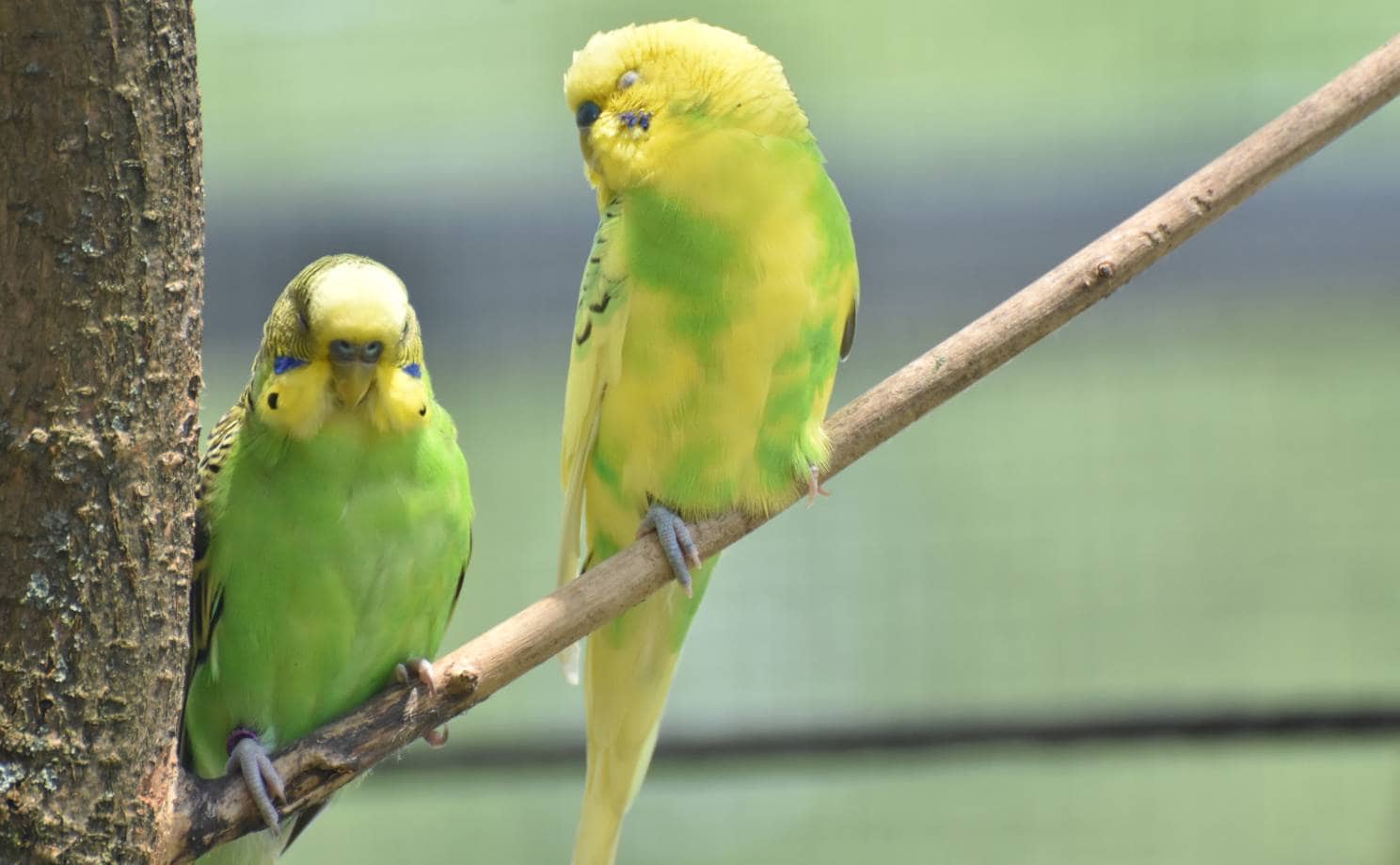
Emus are indigenous to Australia, where they are the largest birds, but they come in behind the Ostrich as the second-largest birds in the world. They are a part of the ratite family, which also includes the Kiwi, Cassowary, and of course, the Ostrich.
Emus can grow to about 5 feet upward to 6.2 feet, weigh 110–121 pounds, and run at speeds as fast as 31 mph (50 km/h).
If you’re wondering if Emus make good pets, the answer would be yes, Emus can indeed make great pets, but with a few warnings. Just like with any animal, they need to be raised in the right way and require a specific kind of care level. So, we look at these factors here, which should hopefully help you decide if owning Emus is in your future.
The Formidable Emu
While Emus are cute, they must be approached with caution and respect. In particular, Emus have powerful legs and three toes with large claws that can be as long as 6 inches! They are capable of ripping open a predator in defense of themselves and their young. While attacks on humans are usually rare, they have occurred.
Now, that said, Emus are not known to be aggressive birds unless they are provoked or defending their chicks.
A Few Interesting Emu Facts
Emus are flightless birds that while large, only have wings that are about 8 inches. They don’t need to fly when they are such effective runners and swimmers. They can also jump up to 7 feet straight up! This is due to their strong legs and because they are the only birds in existence that have the equivalent of calf muscles.
Male Emus hatch the eggs after the female lays them and take care of the chicks for about 2 years.

The Best Start for an Emu
If you’re thinking of adding an Emu to your farm, there are a few considerations that you need to make.
First, you should start with a young chick. It is recommended that you begin with one as young as 1 day old or up to 1 week old. Some Emu owners have reported that they also have tamer Emus if they have been hatched artificially rather than naturally. Additionally, since male Emus are broody (they hatch the eggs and take care of the young), they tend to be a little tamer and gentler than the females.
It’s important to spend a great deal of time with Emu chicks so they will imprint on you, and they will end up following you everywhere. If you frequently pet and touch your Emu chick, they will grow accustomed to human touch and won’t react negatively to it as adults.
They do grow quite quickly, so you’ll need to be prepared to have a good place for them outside that is well protected against predators. Once they are adults, they can defend themselves perfectly.
As for bringing an adult Emu home with you, it isn’t recommended unless they have been hand-raised by another person since they hatched. Even then, the Emu won’t trust you or form the same kind of bond as one that you raised yourself.

What to Feed an Emu
Emus are omnivorous, so they eat a variety of vegetation and animal protein. A fully mature Emu will eat as much as 1.5–1.75 pounds of food every day.
A typical Emu diet can consist of:
You can also look into ratite feed that has been made with Emus in mind. Don’t forget the water! They can drink about 2–5 gallons (9–18 liters) of water every day, so clean and fresh water must be available at all times.
Fencing
The fencing for Emus is super important! They can jump as high as 7 feet straight up, but they are also known for climbing fences, so you need to be sure you have fencing that is high enough to contain them.
Typically, a fence needs to be a minimum of 6–8 feet, and it should be embedded at least 6 inches underground. The fence should not have any gaps wider than 2 x 4 inches so they can’t get their heads through the openings.

Housing
Emus require shelter from the elements, with about 1,000 square feet of outdoor space for a pair of birds (of course, more space is always better). They need the opportunity to stretch their legs and run around for quality exercise.
You’ll need to set up shade for the Emus as well. This can come from trees, shelters, or shade cloth if you prefer. For indoor living spaces, you’ll be looking at a tightly packed dirt floor, and for outdoors, cut grass is best. Indoor living spaces must have ventilation without being drafty.
Entertaining Emus
Emus absolutely love playing and swimming in water. If you don’t have a swimming area for them, you can set up a sprinkler or a kiddie wading pool. You can hang treat balls in places around the enclosure for them to find.
Emus also do best with at least one other Emu pal. They can be social birds, and you might notice them calling for each other.
However, before setting up any kind of pool for Emus, you’ll need to supervise them to prevent accidental drowning if they are quite young. Adults, of course, can handle themselves.

How to Handle Emus
Like with any animal, it’s best to handle Emus gently and with a certain amount of caution. It’s also essential to know that Emus kick in the front, so you should be careful when standing in front of these birds.
If Emus need to be moved, you can walk behind them with your arms outstretched and just walk slowly and calmly to encourage them toward the direction that you want them to go.
Whatever you do, never crowd them or allow them to feel cornered, as they will attempt to escape, and it can cause them undue stress. Plus, they might injure you or themselves. Of course, all of these situations ultimately depend on the Emu’s temperament and your relationship with them.
Conclusion
While Emus can make lovely pets, they do have specific needs that will require a great deal of your time and patience. They can be quite affectionate and gentle birds, but they might be rather moody and aggressive if provoked.
If you have the space and can take the time to research these birds and learn everything you can about how to take care of them, you could be on your way to becoming a proud Emu owner!
- See Also: When Did Birds Get Domesticated and How?
Featured Image Credit: christels, Pixabay









